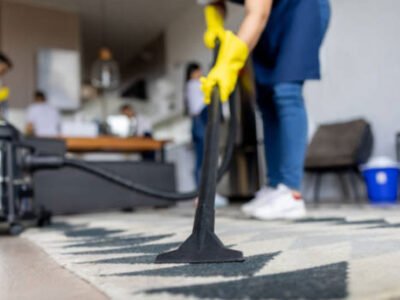As bills soar amidst warnings that they show no signs of slowing, having a more energy-efficient home is a priority for many. By optimising the way your house uses energy for heating, you’ll need to consume less fuel and may make your money stretch further. Although the price cap is out of your control, there are many things that can be done to improve the heating efficiency of your home.
Why is heating efficiency important?
Without adequate heating or energy efficiency, you will be using more energy than you need to in your home. Not only is this bad for the environment at a time when the reduction in consumption of fossil fuels is top of the global agenda, but it’s bad for your wallet too. A home with inefficient heating will need to spend more money for the same output as a more energy-efficient home.
So, how can you improve it?
Loft and wall insulation
A significant amount of energy is lost through the roof and walls of a home. Without insulation, you may be throwing money out of the window. This means adding loft insulation or cavity wall insulation makes a substantial difference to your home’s energy efficiency by limiting the amount of heat lost. It will therefore take less energy to keep your home at a comfortable temperature.
Pipe insulation
As your home is kept warm by heating water through radiators, insulating the piping to prevent heat loss will mean you lose less heat to the materials or surrounding air. As such, you’ll spend less to reach the same level.
Boiler systems
Older boilers will be less energy efficient as they give out less heat for the same amount of power as newer systems. Upgrading to a more efficient combi boiler means you automatically increase the heating efficiency of your home. If your boiler is ten years old or reaching this age, take a look at whether you could save in the long term by replacing it.
Double glazing
Double-glazed windows are far superior to single-glazed windows in terms of energy efficiency. Double glazing uses an air pocket between the two panes of glass to limit heat loss due to the transfer of warm air through the glass. Check whether you have any single-glazed windows in your home as you may be losing energy needlessly.
Reduce draughts
Although you should maintain adequate ventilation in your home, draughts will reduce heating efficiency and possibly create a damp problem. Look over your windows and doors carefully to make sure they all have good working seals with minimal cracks. You can also use draught excluders at the bottom of doors.












